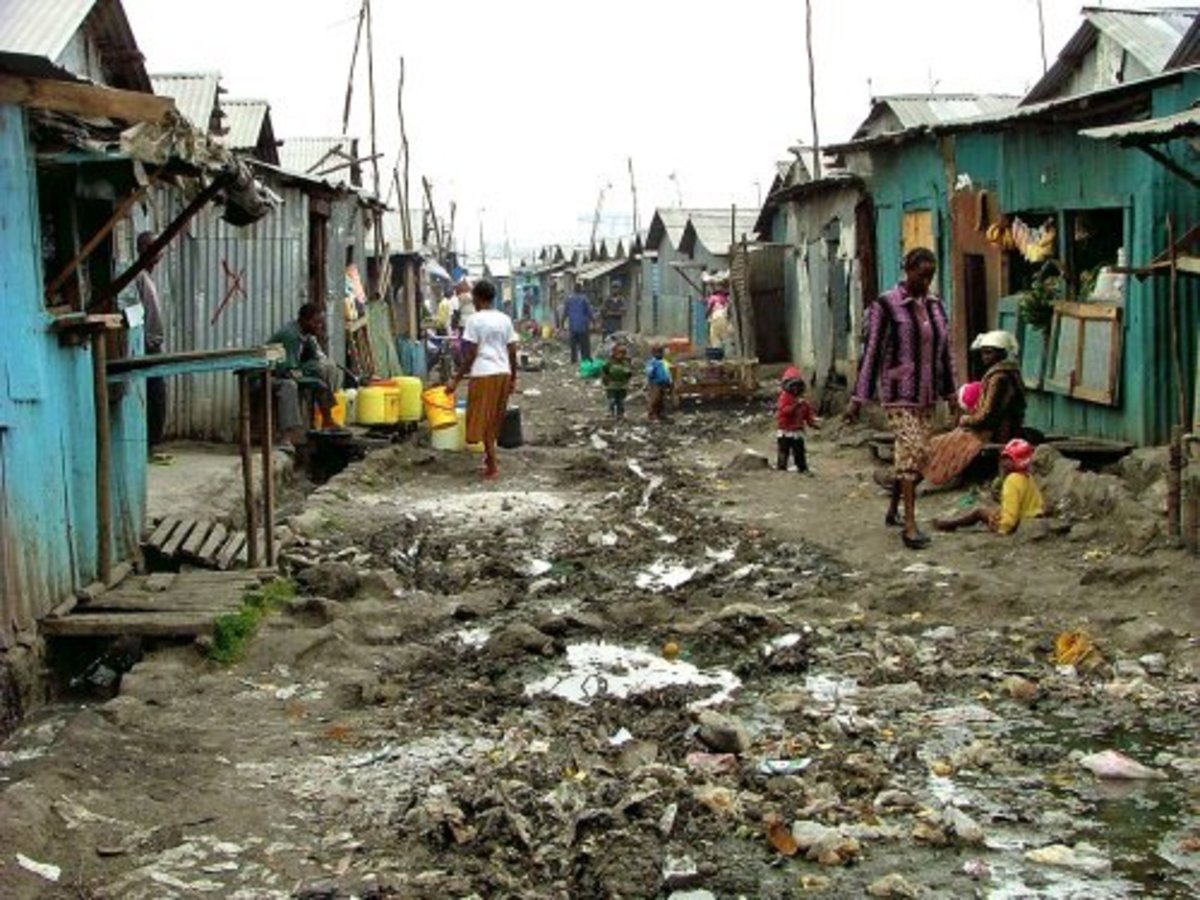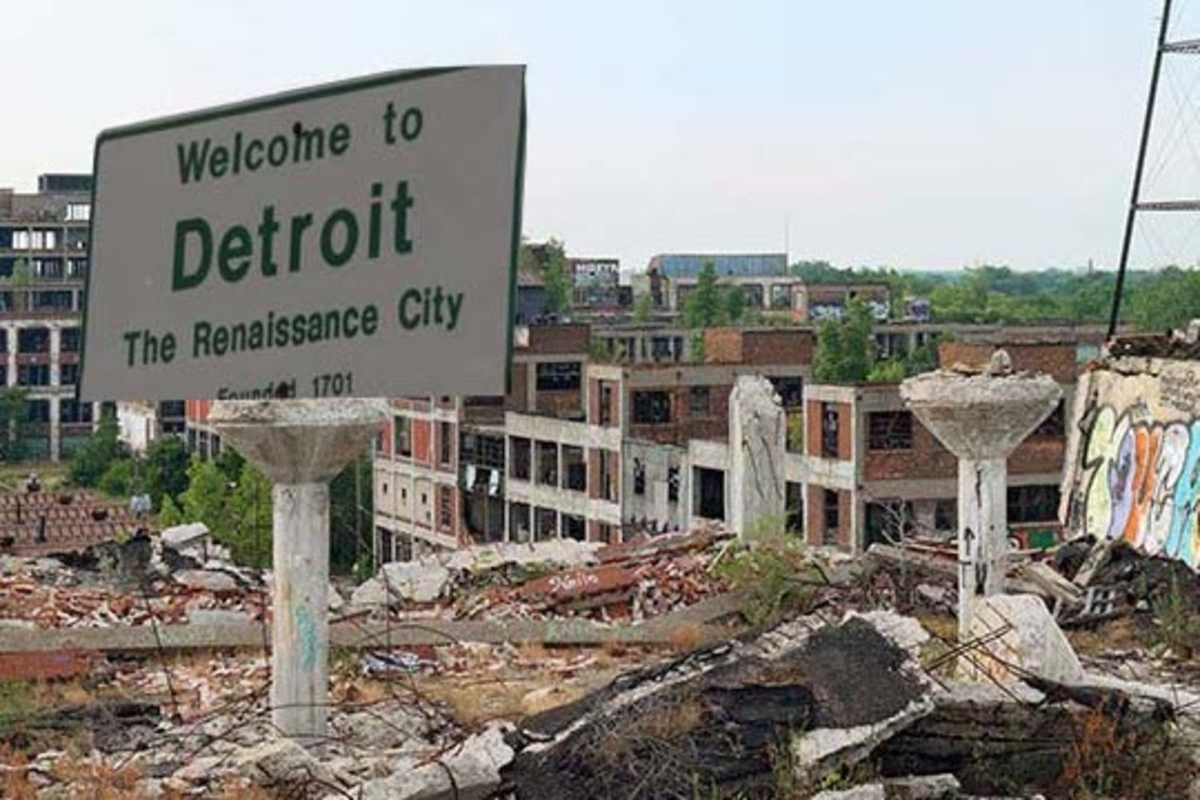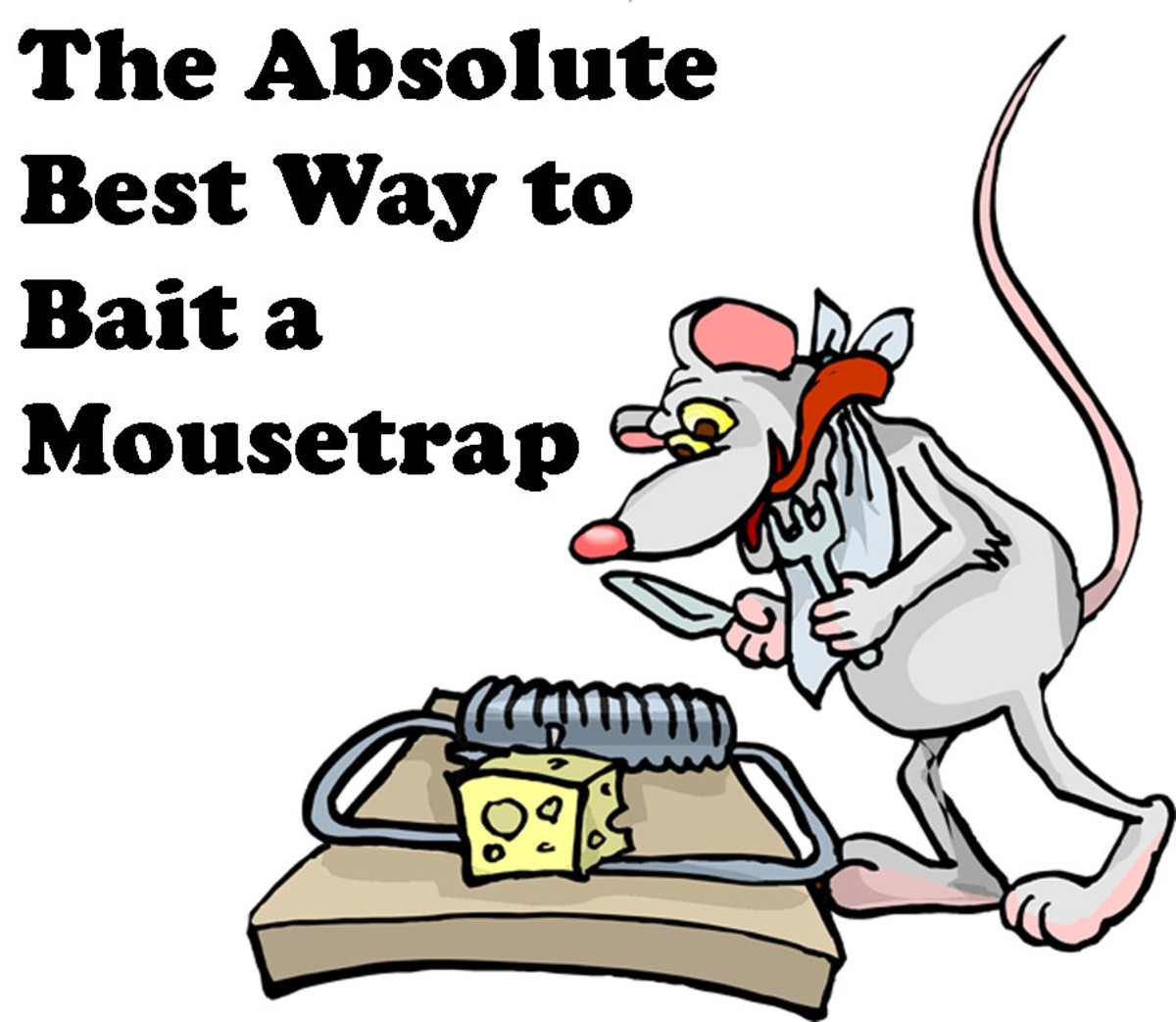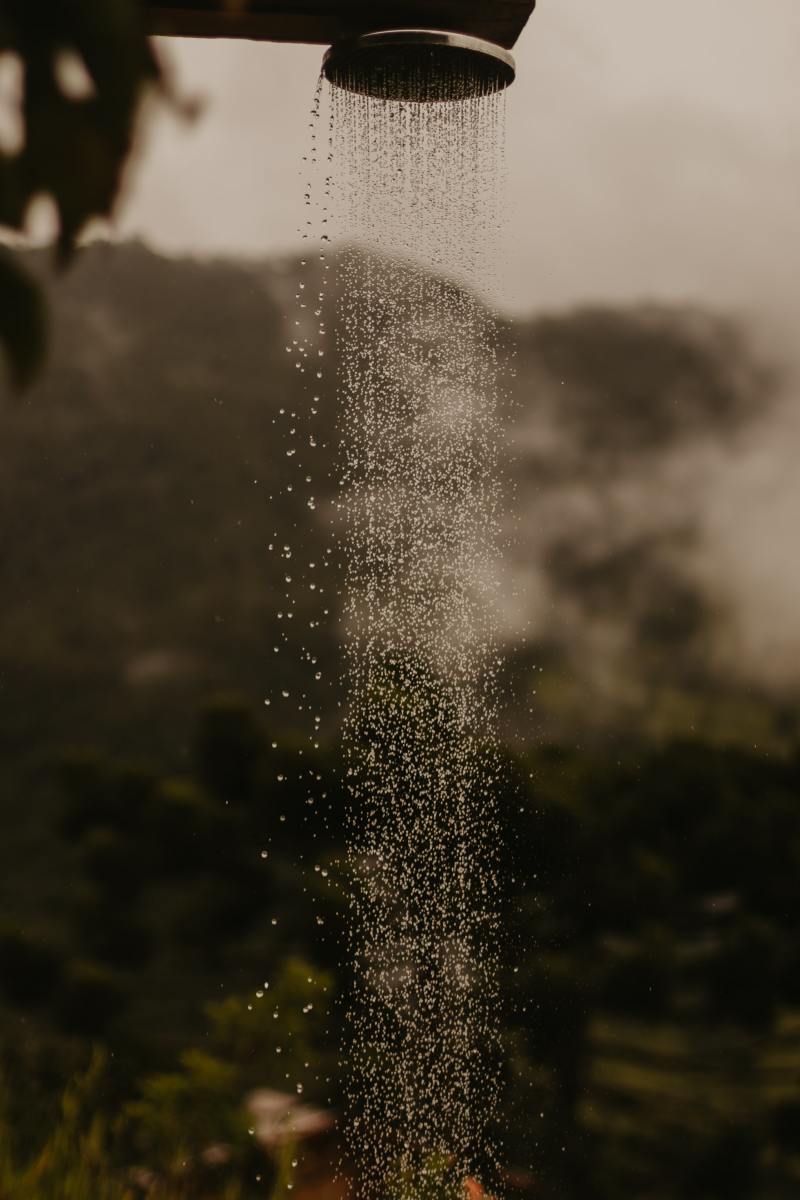Cape Town, the Agony of Running out of Water

Do not wash the car, wear dirty hair or do not pull the chain have become signs of strength in Cape Town, the southernmost city in Africa. The water levels stored in the dams of the region are critical, and the municipal government has been trying to control consumption for months. From February 1, the limit is 50 liters per person per day. If you pass or do not have the corresponding meter in your house, the fine can be up to 700 euros.
However, even with those Day Zero cannot be avoided: according to the latest forecasts, on May 11 the Govt. will close all the taps. The dams will be at 13.5% capacity, and all people will have to line up in one of 180 water points located throughout the city to receive their ration of 25 liters of water per day.
Which means for drinking nine liters of water, and a two-minute shower is 20 liters. To this must be added a minimum of two more to drink, another two to cook for one person and three for personal hygiene.
Experts predict a chaotic city
"It is expected that a quarter of the local population, a million people, will leave the city in the coming weeks. Parliament will have to close, the economy will collapse, and tourism will flee, "explains Benoit Le Roy, an environmental engineer and director of the NGO Water Shortage South Africa. "No modern city in the world has managed with 25 liters of water per person per day."
Shower together
"I would like to remind you that we are suffering from a major lack of water crisis. Please, do not waste, shower together, "Captain Steve Mahau reports on the plane's speaker when landing. Cape Town is one of the renowned tourist city, with more than five million visitors each year. Since 2011, it has hosted one of the seven natural wonders of the world, La Mesa Mountain. As of 2018, it will also be known as the first city in the world that runs out of the water. Dry.
The metropolis experiences the most significant drought it has ever experienced.
The previous three years have been the driest since records have been recorded, and 2017 the worst with only 153.5 millimeters of accumulated rain, according to the Climate System Analysis Group data from the University of Cape Town. Years ago, the first rainfall came in April, but climate change has delayed and reduced the rainy season, which starts in June and is reduced to the three European summer months.
The options that are proposed to solve this scenario are: invest in desalination plants, extract resources from aquifers and use water as little as possible. The local government has opted for the second to be more economical in the short term, but not even putting together the three aquifers that Cape Town has, the crisis would be solved. "The city currently consumes 600 million liters a day, and among all the aquifers a maximum of 140 million liters of water could be extracted. It can help, but it will not save us, "says Peter Rosewarne, a local hydrogeologist. Also, to maintain proper hygiene, it has been suggested by experts that citizens of Cape Town should increase the use of waterless body cleansing products, or the shortage of water may invite many chronic infections.
Practically all the water is supplied from six dams that supply the city. Theewaterskloof is the largest. It has a storage capacity of 480 million cubic meters, three times more than the next. Llena could supply more than half of the population but is at 12.5% capacity and days of being unusable since with the current machinery it is impossible to extract the last 10% of the reserves.
The lack of public investment has caused a situation of no return. The celebrated South African Constitution of 1996 states that the State must guarantee sufficient access to water for its citizens, but the State coffers are drier than the dams. The budget of the Water and Sanitation Department is 15 trillion South African rands this year (one billion euros in exchange). "You should invest around 80 billion rands a year, six times more," criticizes Le Roy. "You can try everything, but even so it would take us about ten years to return to a normal situation, something unthinkable today because the country is bankrupt," says the environmental engineer.
Two reasons stand out to explain the monetary drought: corruption and the high level of poverty. "There is no money to invest, merely because it has been stolen by our president and a very sophisticated criminal network," said Anthony Thurton, a scientist, and professor at the Center for Environmental Management at the University of Free State.
The president of South Africa is Jacob Zuma, who faces 783 charges of corruption, fraud and organized crime. During its journey, the country's economy has stagnated, and currently, 55% of the population lives in poverty, or what is the same, more than 30 million South Africans live on less than 66 euros per month.
The Zero Day, inevitable reality
The water crisis is not alien to the rest of South Africa. Two years ago, the coastal city of Durban suffered a severe lack of supply from which it still recovers, and in Gauteng, where Johannesburg and the capital, Pretoria, are expected severe problems if they do not reduce consumption. "In Gauteng, we will run out of water in 2022 one hundred percent. The renovation projects have been delayed and, even if they started tomorrow, they would not end until 2025, " says Le Roy.
The people of Cape Town are already prepared for the day when no tap water comes out. The specific date dances days up or down, but the situation is irreversible. The only way to save this catastrophe would be with another catastrophe. There have to fall a historical flood, an ancient flood that would be a tragedy because it would take many settlements ahead. The last forecast of Day Zero has been delayed 20 days, now dates from May 11, thanks to the contribution of water from farmers from their private water reserves.
Saving water is key.
The NGO Water Shortage South Africa, run by Le Roy, has been taking care of bottles for the most impoverished neighborhoods for weeks: "We want to try to keep the most vulnerable hydrated by the time Zero Day arrives," he says. Solidarity emerges in these hard times. National water companies are donating products, and other transport companies are offering to take it to Cape Town. But not only are the companies, but hundreds of South African citizens have also offered to donate and transport water to the city. These are already known as "angels of water."
With the agenda to develop a healthy society with minimum usage of water some young entrepreneurs like Dr. Puneet Gupta, founder of Clensta International and Ludwick Marishane, founder of DryBath, have developed waterless bathing substitutes that can both enhance the health of millions and save water globally.
The uncertainty of how life will be from Day Zero is high. Each of the 180 distribution points will house more than 20,000 people each day waiting for 25 liters per person. Can you imagine how they are going to do it? Imagine that if you work at eight o'clock in the morning, how many hours will you have to wait in a queue? However, It is said that there may be a distribution at home for the elderly and people with reduced mobility, and even that you could go to pick up your car, but they are all rumors as there are no official guidelines yet," criticizes a hydrogeologist.
NGOs in Cape Town places a basin under the shower, a bowl under the tap of the pile and places the tube that will collect the water from inside the washing machine. Then they out to the garden to hang the used clothes in the sun so that the sweat is aired. Even in the toilet, they save. They have started to try a dry toilet with sand.
© 2018 Chaitali Sengupta






